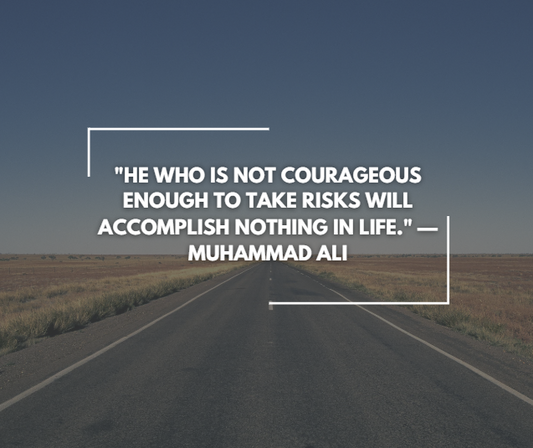Robert Green Ingersoll's profound statement, “The greatest test of courage on earth is to bear defeat without losing heart,” underscores a crucial aspect of true bravery. This quote highlights the essence of courage not merely as a triumphant battle against adversities, but as the strength to endure and maintain one’s spirit in the face of setbacks and failures. The ability to face defeat with resilience and optimism is a powerful testament to one’s character and fortitude.
Understanding Courage in the Face of Defeat
Courage is often associated with heroic acts and moments of grand victory, but its true measure can be seen in how individuals handle defeat. Defeat, whether in personal endeavors, professional challenges, or competitive situations, can be disheartening and demoralizing. The real challenge lies not in the failure itself but in how one responds to it. The courage to bear defeat without losing heart involves maintaining hope, dignity, and perseverance despite setbacks.
The Psychological Impact of Defeat
Defeat can have profound psychological effects. It often brings feelings of disappointment, frustration, and self-doubt. For many, it may lead to a loss of motivation or confidence. Overcoming these emotional responses requires inner strength and resilience. The ability to navigate through these feelings without allowing them to derail one’s spirit is a significant aspect of courage.
-
Emotional Resilience: Building emotional resilience involves developing coping strategies to manage feelings of defeat. Practices such as mindfulness, self-compassion, and positive reframing can help individuals process their emotions and maintain a constructive outlook.
-
Self-Reflection: Reflecting on the experience of defeat can provide valuable insights. Understanding what went wrong and what can be learned from the situation helps individuals grow and adapt for future challenges. This reflective process fosters a growth mindset and enhances one’s ability to handle future setbacks.
-
Maintaining Perspective: Keeping a broader perspective can mitigate the impact of defeat. Recognizing that setbacks are part of a larger journey and that they are temporary helps maintain motivation and hope. It also reinforces the idea that defeat does not define one’s worth or potential.
The Role of Perseverance
Perseverance is a key component of handling defeat with grace. It involves continuing to pursue goals despite obstacles and setbacks. The willingness to persist, adapt, and try again, even after experiencing failure, demonstrates a profound level of courage and commitment.
Many successful individuals have faced significant defeats before achieving their goals. For example, Thomas Edison, after numerous failed experiments, famously remarked that he had not failed but had found 10,000 ways that did not work. His perseverance in the face of repeated defeats eventually led to the invention of the lightbulb. Edison's story exemplifies how maintaining heart and continuing to strive despite failures can lead to eventual success.
The Influence of Role Models
Role models who handle defeat with courage can provide inspiration and guidance. Figures such as Nelson Mandela, who endured 27 years of imprisonment yet emerged as a leader advocating for reconciliation and justice, demonstrate the power of maintaining heart despite adversity. Mandela’s ability to rise above his personal suffering and work towards a greater cause exemplifies the courage to bear defeat without losing heart.
Practical Approaches to Bearing Defeat
-
Set New Goals: Establishing new goals or objectives can redirect focus and energy. It provides a sense of purpose and a path forward, helping to overcome the stagnation that often follows defeat.
-
Seek Support: Connecting with supportive friends, family, or mentors can provide encouragement and perspective. External support can help reinforce resilience and offer practical advice for moving forward.
-
Celebrate Small Wins: Acknowledging and celebrating small achievements and progress helps maintain motivation and reinforces a positive outlook. Recognizing incremental successes can counterbalance the impact of defeat and build confidence.
-
Maintain Self-Compassion: Being kind to oneself during times of failure is essential. Self-compassion involves treating oneself with the same kindness and understanding that one would offer to a friend facing a similar situation.
Robert Green Ingersoll’s insight into courage—“The greatest test of courage on earth is to bear defeat without losing heart”—captures the essence of true bravery. It emphasizes that the ability to endure defeat with grace and perseverance is a profound measure of courage. By cultivating emotional resilience, maintaining perspective, and practicing perseverance, individuals can face setbacks with dignity and continue to pursue their goals with renewed determination. Embracing defeat as a stepping stone rather than a stumbling block fosters personal growth and strengthens one’s resolve, ultimately leading to greater achievements and fulfillment.





